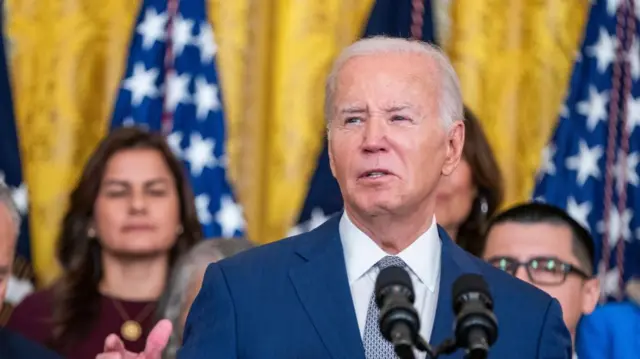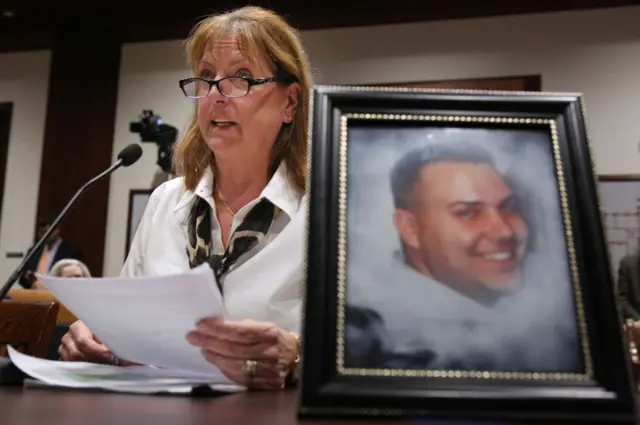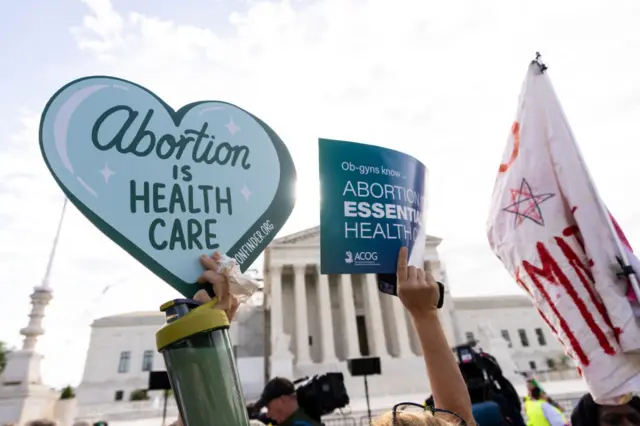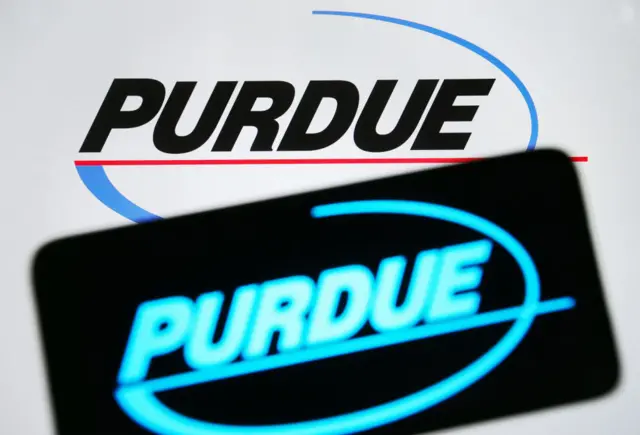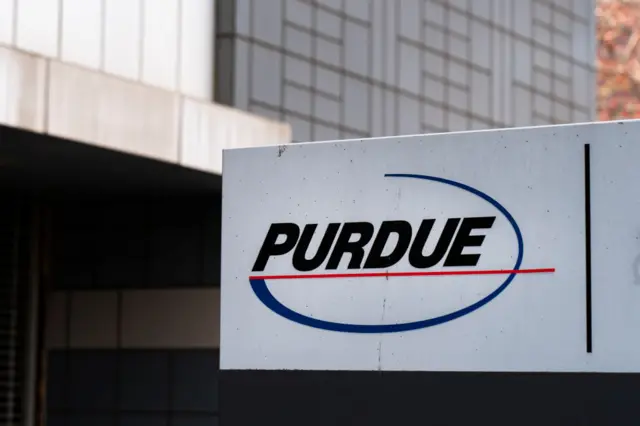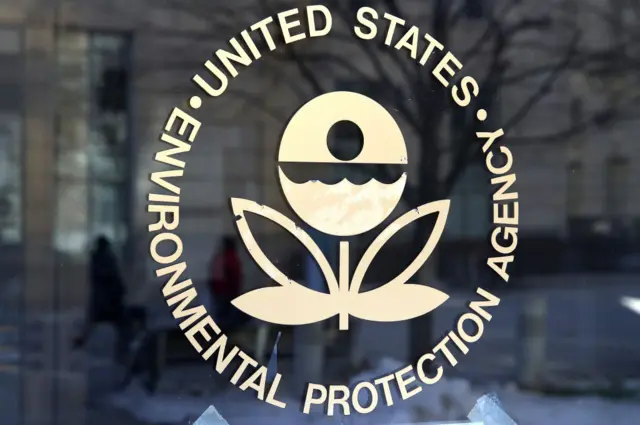Join us again for further Supreme Court opinion dayspublished at 16:38 BST 27 June 2024
Thank you for joining our live coverage of today's US Supreme Court decisions.
We are still waiting for significant rulings from the court, including one on presidential immunity and January 6 cases.
The top court is scheduled to release decisions tomorrow, which we will again be covering live.
And just earlier today, the court's website indicated justices will release opinions next Monday as well.
Justices are due to go on summer recess soon.
Today's coverage was edited by Jessica Murphy, Lisa Lambert and Graeme Baker. The writers were Natalie Sherman, Holly Honderich and Max Matza,

